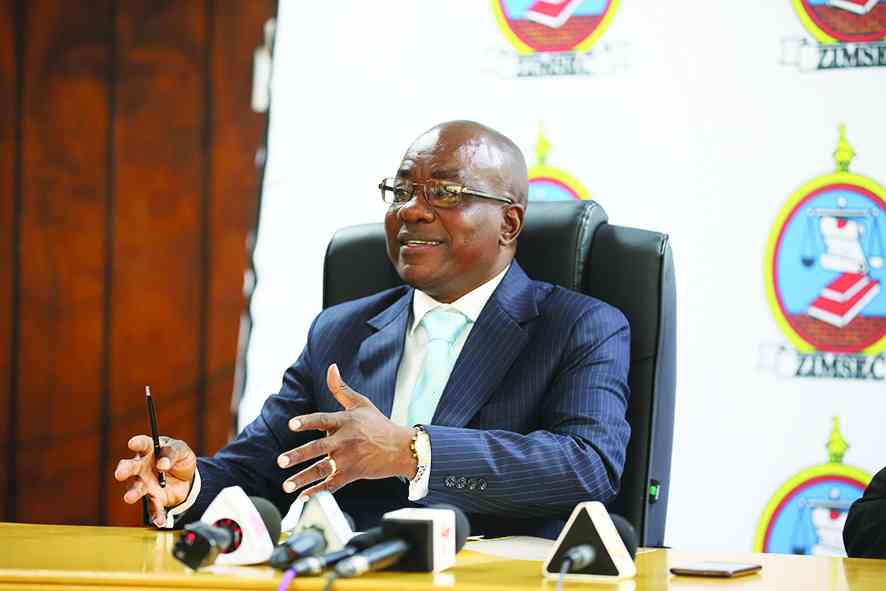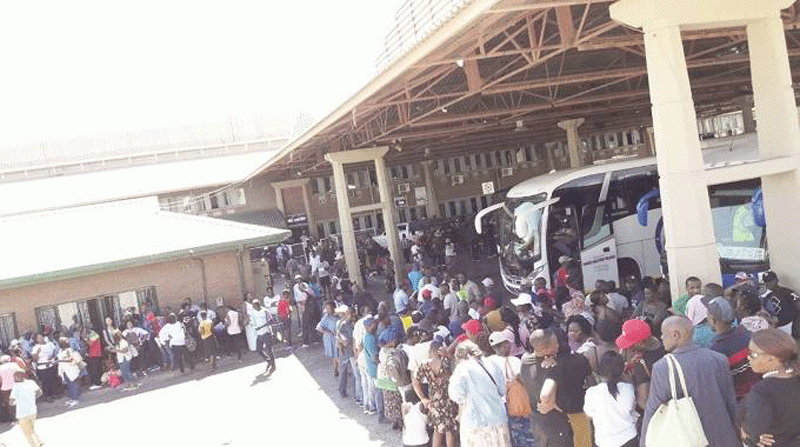
The revelation yesterday that Zimbabwe has only one haemodialysis machine to save the lives of hepatitis patients throughout the country is not only disturbing, but scandalous. The single life-saving machine is reportedly accessible at a private clinic in Harare’s Avenues — at a huge cost.
What this means is that hepatitis patients requiring the services of this machine must travel from Chimanimani, Mudzi, Tsholotsho, Binga or wherever they may be to the capital, at least twice a week, in order to survive. It also implies that they can only make their journeys after successfully making confirmed appointments — otherwise they may have to queue for days.
What boggles the mind is the frightful fact that Zimbabwe’s health authorities are aware of this reality — must have for years — but have not done anything about it. The implication is that our government is consciously compromising the lives of many people. Hepatitis is not a disease confined to the rich and well-connected who have the means to travel to Harare and to fix appointments in order to get their turn, in good time, on the life-saving machine.
There are poor members of our society that live in some of the remotest parts of Zimbabwe, who may not own phones to make appointments and who cannot raise bus fare, let alone air fares, to travel to Harare or South Africa in order to live.
Granted, this country’s health delivery system collapsed at the height of Zimbabwe’s economic turmoil, but then we have since recorded significant recovery that has been hailed everywhere. What has remained hidden is the fact that there are people that have been silently ignored and are dying when they could live.
Many millions of dollars have been allocated from the National Budget and millions more donated by international organisations for the procurement of medicines, capital equipment, critical medical equipment and other requirements to public health institutions. But apparently, no consideration has been given for the procurement of dialysis machines.
Would it be too much to ask — directly — local businesses, including and especially our gold and diamond mining entities – to finance the procurement of 10 dialysis machines for hepatitis patients, so that each province may have at least one? Considering how else these mining giants are using their money, it is a fair assumption they will feel morally obliged to spare a few dollars to save lives.
The tragedy appears to be that the people whose offices are tasked to take care of the lives of the generality of the Zimbabwean population appear to take life for granted. The assumption would be that these people can easily access health facilities outside the country’s borders. The majority of Zimbabweans cannot afford that luxury.
- Chamisa under fire over US$120K donation
- Mavhunga puts DeMbare into Chibuku quarterfinals
- Pension funds bet on Cabora Bassa oilfields
- Councils defy govt fire tender directive
Keep Reading
It is good that the country now has a fully functional renal unit at Chitungwiza Central Hospital, but then this all came about following the death of the First Lady, Amai Sally Mugabe who succumbed to a kidney ailment.
Again, attention has of late focused on cancer treatment after the disease caught up with high-profile personalities. Should we therefore wait until we have another person (more equal than others) die out of need for a haemodialysis machine to help clean their hepatitis-infected blood?











